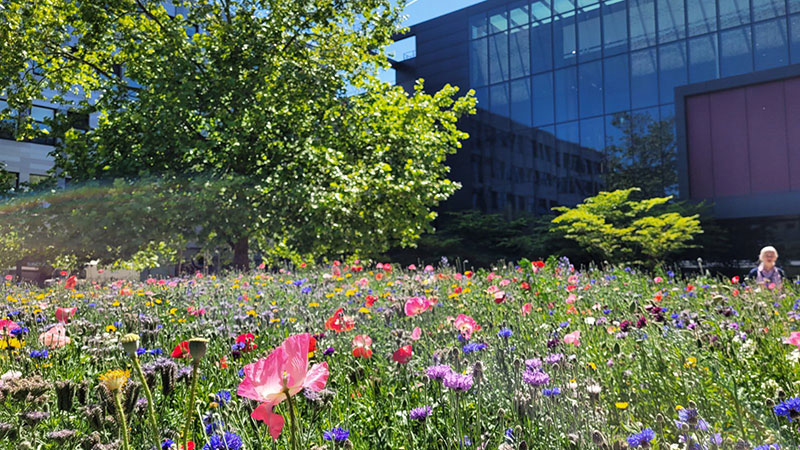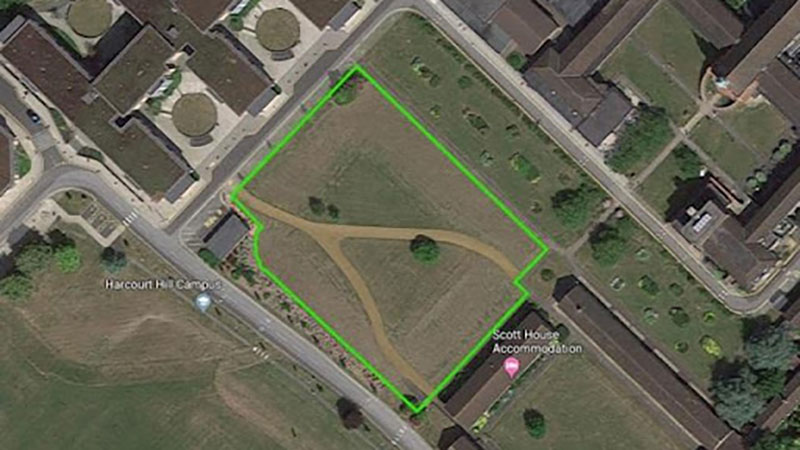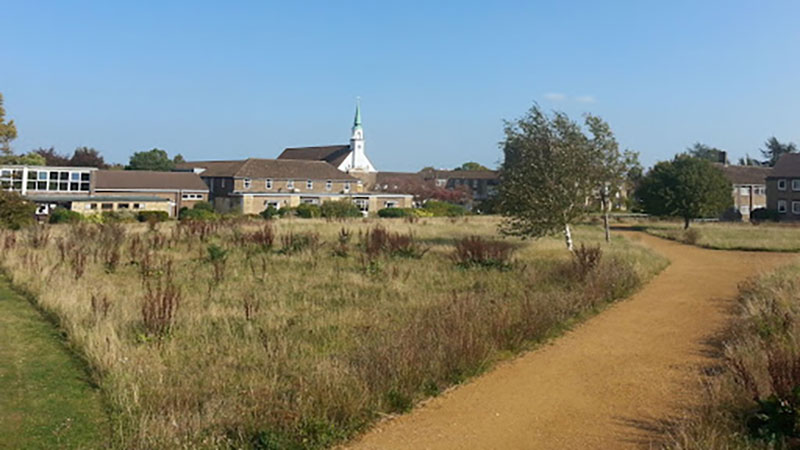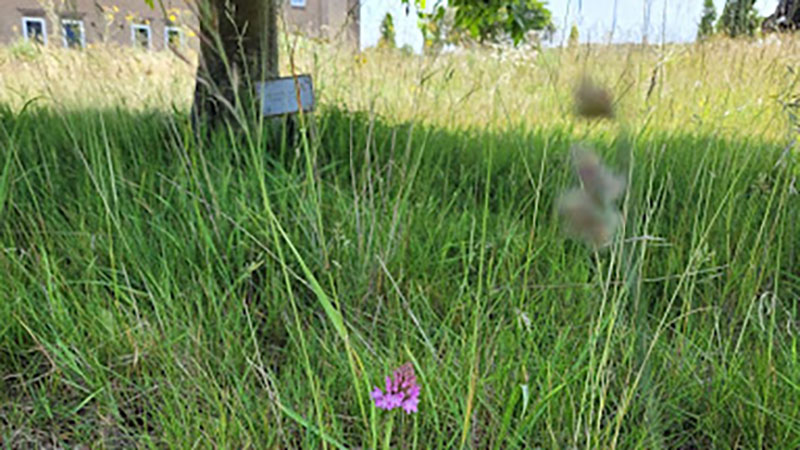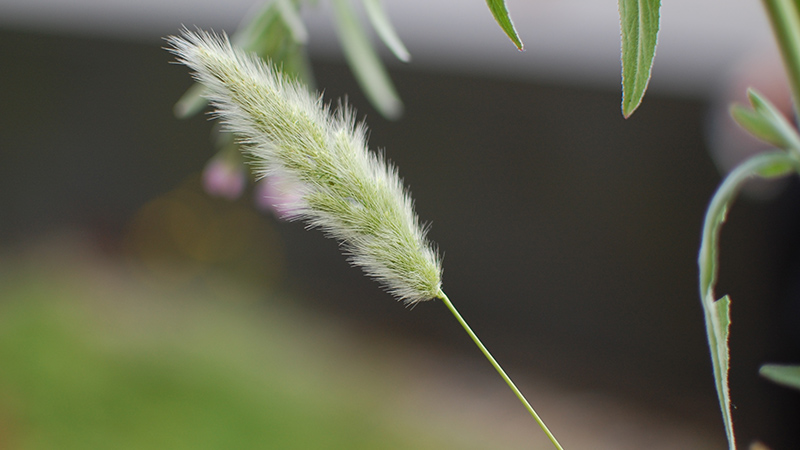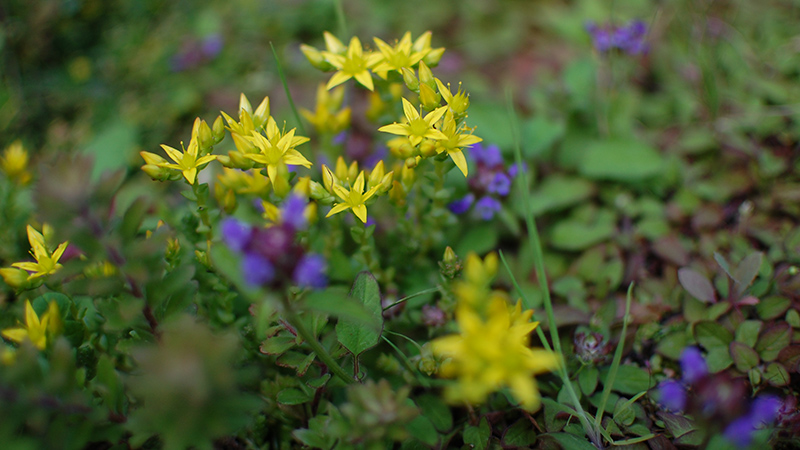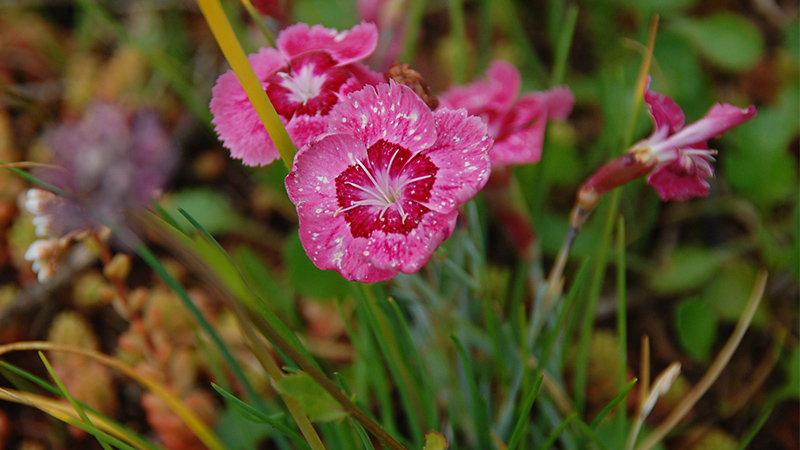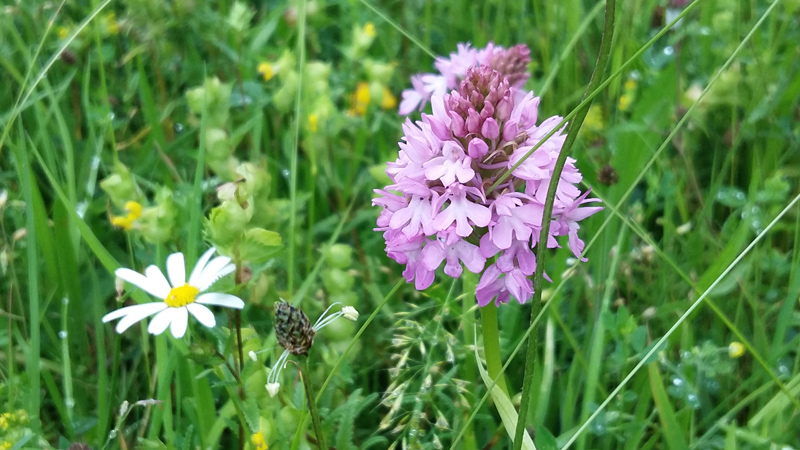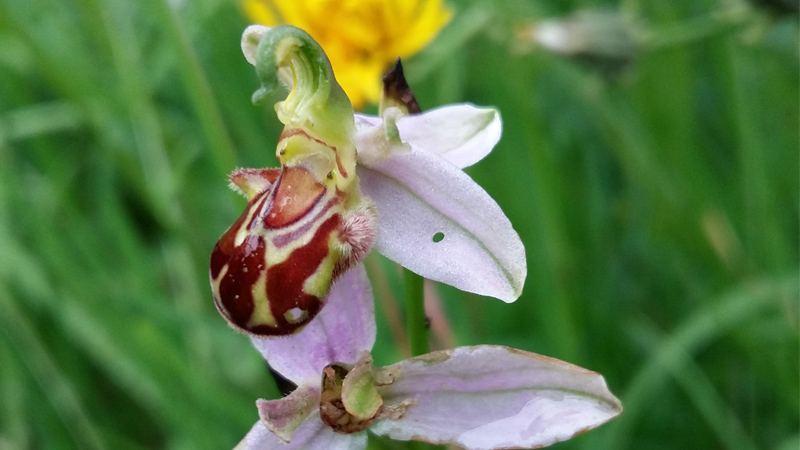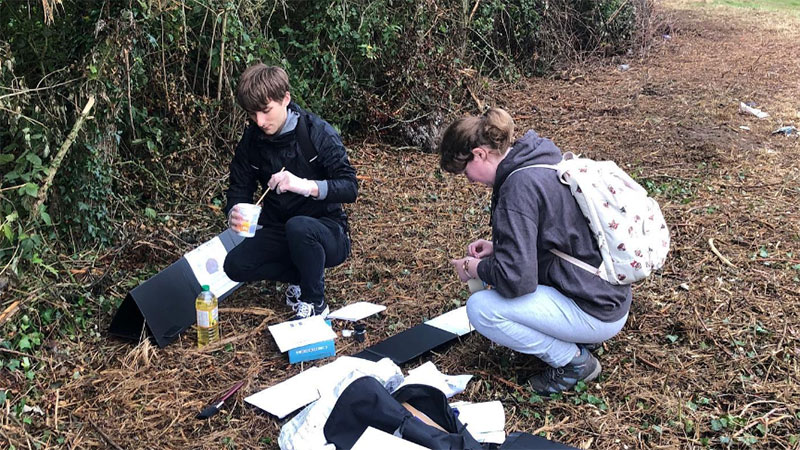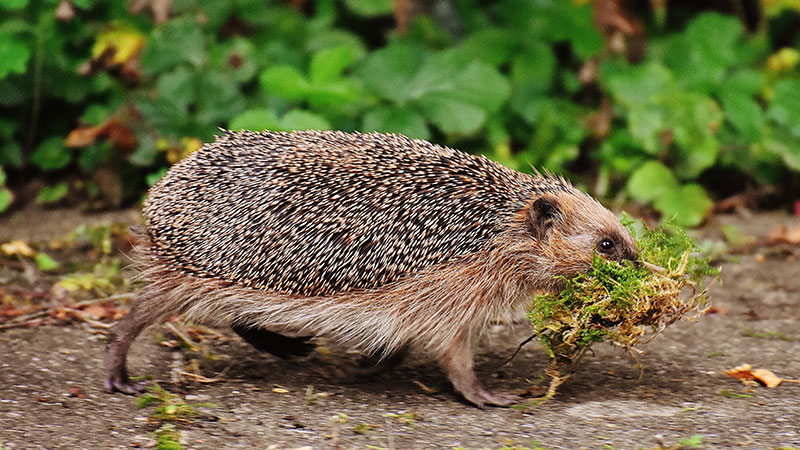Biodiversity abounds at Oxford Brookes! From installing bee hives and planting wildflowers, to leading bird inventory surveys and evening bat walks, we are busy supporting the wild side of sustainability.
In the past two years, we have seen real progress around biodiversity protection, enhancement, and delivery. However, in recognition of the global biodiversity crisis we want to increase our efforts and have delivered a new Biodiversity Strategy and Biodiversity Action Plan, with the following key objectives:
- The creation and delivery of the new 4R hierarchy:

- Refrain from activities which could harm species and ecosystems
- Reduce harm by taking steps to mitigate negative impacts
- Restore species and ecosystems that have been harmed
- Renew, strengthen and invigorate biodiversity via proactive effort.
- Delivering biodiversity net gain at a minimum of +10% across our redevelopment programs.
- Development of landscape and ecology management plans across all sites to be retained. These plans will include habitat baselines and the implementation of a robust monitoring regime.
- Creation of internal partnerships, adoption of best practice and a Living Laboratory approach to biodiversity across our estate.
- Creation of external partnerships and contribution to Oxford's biodiversity network, to enhance biodiversity across the city and our local community.
- Engagement with students, staff, and the local community by providing education, training, and involvement in local initiatives and biodiversity enhancement programmes.
- Continuing to promote biodiversity locally, nationally, and internationally through our research and teaching programmes.
